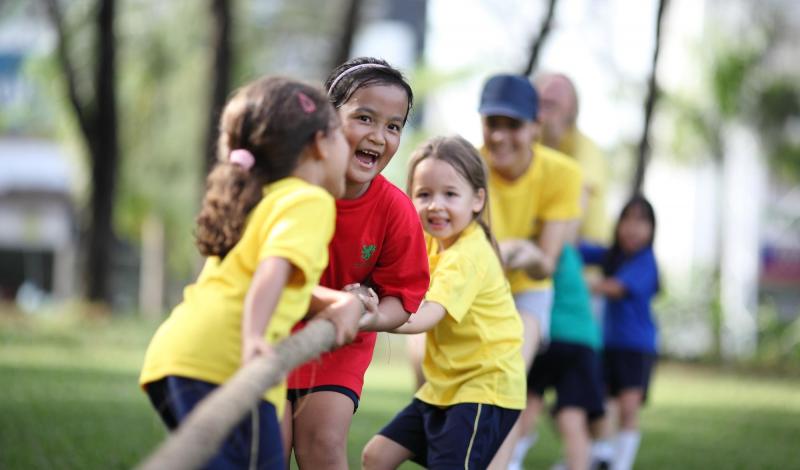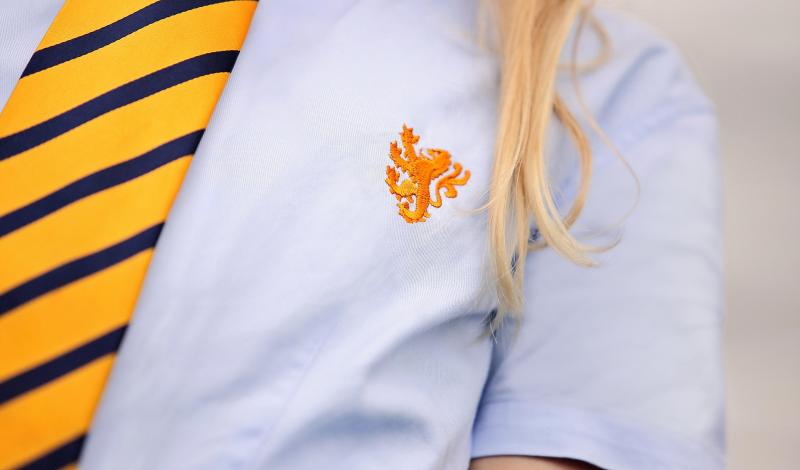Friendship and Social Awareness
Building your child’s future outside and inside the classroom pivots on their social success and ability to create meaningful friendships. Most children desperately want to develop social connections and create a network of friends. Every parent wants to see their child have happy and meaningful interactions with peers.
What many parents do not realise is that social skills are not intuitive. Furthermore, what is expected at home often differs from what is expected at school. If your child is struggling to make or keep friendships, they might need explicit social skill, or “social awareness” instruction.
The awareness of permissions, rules, and social expectations does not come easily for some children due to a variety of factors. Additionally, these expectations change across settings, which can be very challenging and complex for some to learn. To further complicate matters, you must take into account the physical and emotional changes, various developmental phases, and underlying cognitive processes/issues of your child.
Fortunately, there are some strategies you can use to get started right away.
How to Help at Home
There are various disciplines and books that will help your child build social awareness if they are struggling in the classroom, at home, or with friends.
They revolve around:
- Skillful observations. Use stories or comic strips to point out what others are feeling based on events. What are faces telling your child? You might be surprised that they really need to think carefully about these cues and could benefit from your guidance. (This is a nice reading comprehension strategy as well. Throughout a book can your child remember the emotions of various characters?)
- Self-examination. Can your child write down or tell you what things make them happy or sad? Help them gather their thoughts and reflect based on their emotions either in writing or drawing form.
- Analysis of a situation. What are the consequences of social situations? Can they understand the emotions on the different sides of a friendship issue they recently had? Always try to develop their understanding of empathy.
- Using strategies your children create and then reinforcing these strategies. Your child can start to build skills that make them a good friend. Remind them often that you notice these skills, or want to see them in practise more since practice makes perfect! If they are having a playdate, tell the parents or helpers that you are working on a specific skill or reinforcing a certain behaviour.
- Self-monitor. Ask your child if they are feeling good about themselves and their friends. If they are doing well, make sure you have them establish why and how they can continue. If certain situations make them nervous or angry, ask them if they used a strategy to help them deal with the problem. If they did not have one, they should reflect on the situation and think about how they could handle it differently next time?
- Praise progress. Being social should be a reflective AND a positive experience. If your child comes to you with a friendship issue, celebrate that they recognise they need help and focus on strategies or support for them. If they are having a good week socially, let them know you are proud. This could be something you set up at home in the form of an achievement chart, which everyone can monitor.



